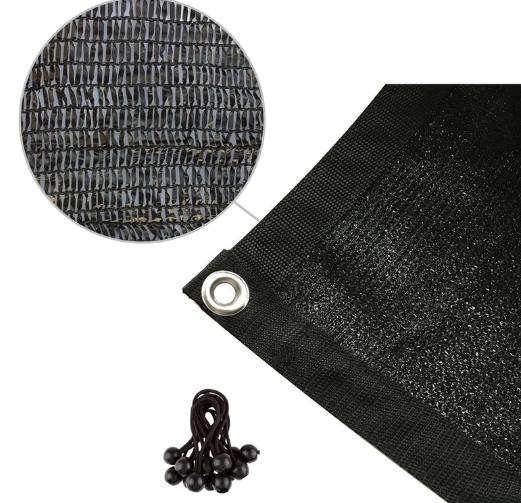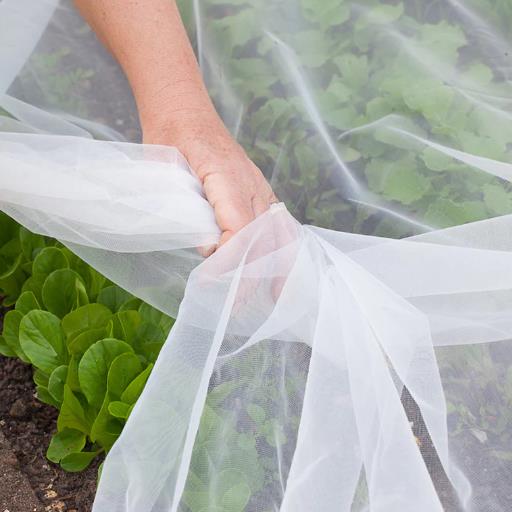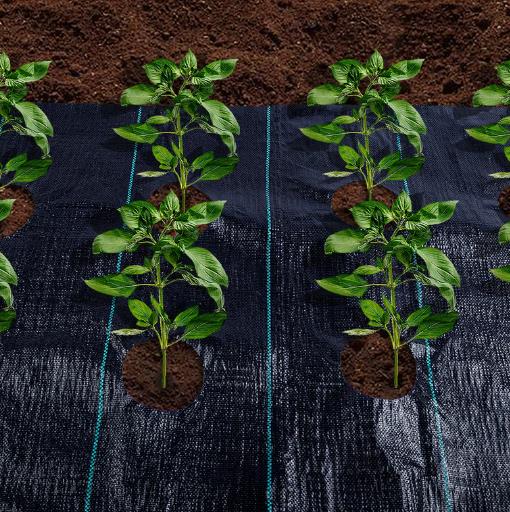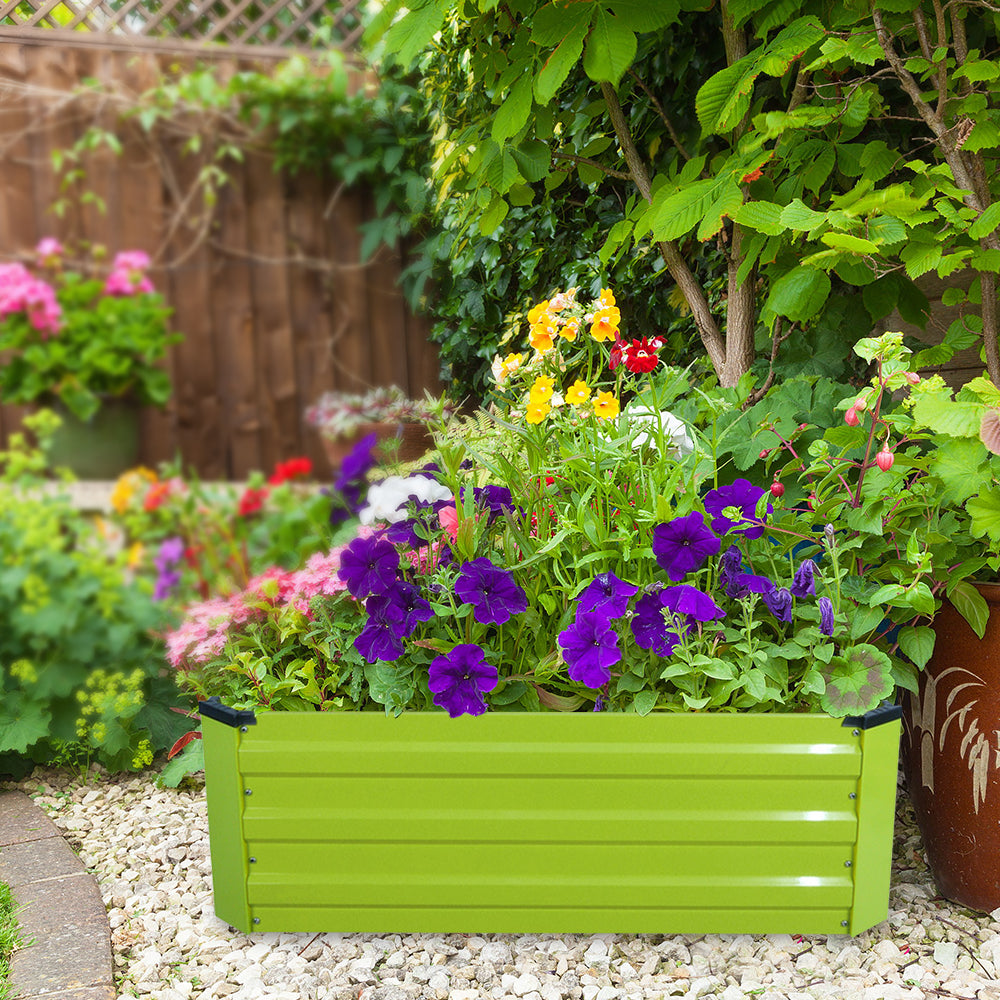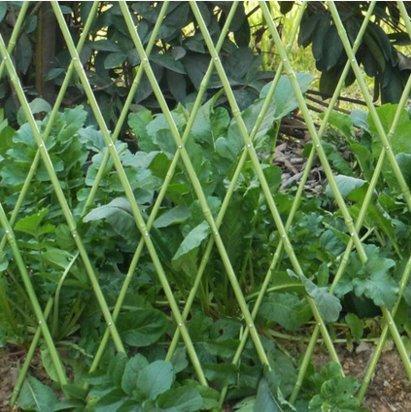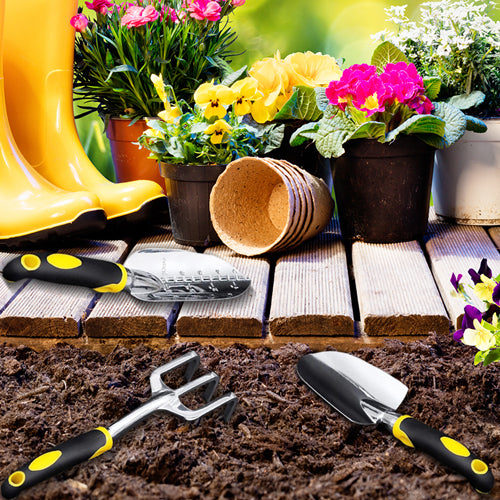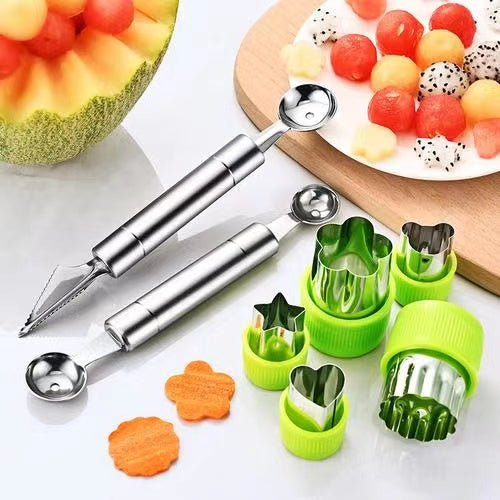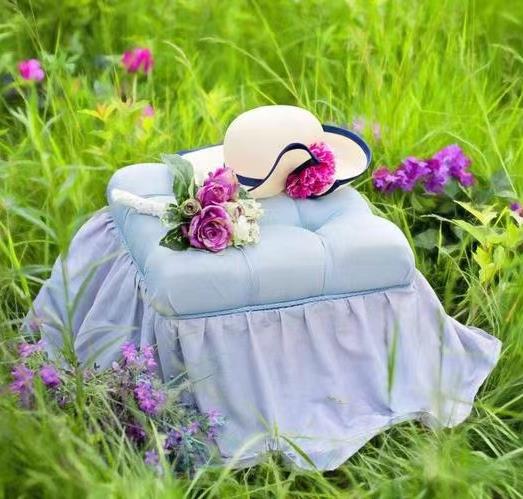
In summer, various fruits and vegetables begin to enter the peak season, Many birds, such as catbirds, mockingbirds, and robins, eat fruit and berries all summer long, when people pick vegetables in the garden, they often find that individual vegetable leaves are eaten by insects or birds with multiple holes, and there are pests and feces on the back of the vegetable leaves, That's what a lot of people hate about summer.

Now many fruits and vegetables will be coated with some pesticides, these vegetables, and fruits on the residue of pesticides, but pesticides to the health of anyone who eats highly contaminated fruits and vegetables with pesticides can have serious effects.
Pesticides can have grave effects on the health of anybody consuming fruits or vegetables highly contaminated with pesticides,“Pesticides are chemicals that are specifically designed to kill living organisms,” says Devon Payne-Sturges, DrPH, an associate professor at the University of Maryland School of Public Health in College Park. The Environmental Protection Agency says agricultural pesticide exposure is tied to asthma, bronchitis, non-Hodgkin’s lymphoma, Parkinson’s disease, and prostate and lung cancers.
Plenty of research bears this out. A 2019 study in JAMA Internal Medicine found that people with the highest levels of exposure to pyrethroid pesticides were three times as likely to die from cardiovascular disease during the 14-year study than those with less exposure. In a 2010 study in the journal Pediatrics, children with greater exposure to organophosphate pesticides were more likely to be diagnosed with attention deficit hyperactivity disorder, known as ADHD. And a 2016 analysis in Scientific Reports found a link between pesticides and an increased risk of Alzheimer’s disease.
So what are the common pests and diseases of fruits and vegetables? How to carry out comprehensive prevention and control?
LIRIOMYZA SATIVAE
It is a kind of pest that does great harm to the growth of crops. Main host spot hidden flies in the Americas squash, cucumber, melon, winter melon, watermelon, towel gourd, HuZi, zucchini, eggplant, tomatoes, sweet (hot), pepper, potato, bean, kidney bean, cowpea, beans, lentils, peas, carrots, green vegetables, cabbage, rape, kale, mustard, turnips, lettuce, and lettuce and some flowers, wild plants, such as more than 120 kinds of plants, And the host range is also expanding.
FRUIT FLY
Fruit flies feed on nectar and fruit, which seriously affect the quality and yield of melon (fruit). Harm carambola, guava, citrus, jujube, loquat, yellow peel, mango, papaya, peach, plum, pear, bitter gourd, loofah, cantaloupe, melon, longan, lychee, and other more than 200 kinds of fruits and vegetables.
WHITEFLY
It is a worldwide pest with a very wide host range, including more than 420 plants of 74 families. In addition to harm cruciferous, Solanaceae, Cucurbitaceae, legumes (cowpea, bean, edamame), and other crops and vegetables, but also can harm corn, cotton, flowers, legumes, etc.
SNAILS AND SLUGS
Snails and slugs are the most common and common mollusks that live on land. These animals mainly feed on the roots, stems, and leaves of plants, especially the young buds of lettuce, cabbage, rape, celery, cabbage, etc. And tender leaves, so it is more harmful to crops.
CATERPILLARS
While some caterpillars turn into beautiful butterflies, many that attack garden plants and vegetables are pest species, especially the green caterpillars of the cabbage white butterfly.

Quick And Effective Way To Stop Them In Their Tracks.
Anti-Insect Garden Netting of Agfabric is a very fine mesh that can block most types of pests safely and effectively, such as Liriomyza sativae, fruit flies, caterpillars insects, and butterflies entering, suitable for susceptible crops in the brassica family like brussels sprouts, broccoli, and cabbage.

Bird netting for the garden of Agfabric Preventing fruit trees, berries, bushes, shrubs, plants, flowers, and vegetables from the damage of birds and small animals, our mesh provides the best physical protection without all of the downsides of using toxic chemicals. Preventing fruit trees, berries, bushes, shrubs, plants, flowers, and vegetables from the damage of birds and small animals.

The netting is made from durable polypropylene, is tough enough to withstand the negative effects of the sun and wind throughout the year. It will not snag on leaves and branches and can be cut to any size to meet multiple garden purposes. It can be used with garden fencing, a fence screen, or as a temporary measure.
Our Garden Netting has UV protection that helps extend its life. It provides some protection against plant damage from wind rock, enough to withstand the negative effects of the sun and wind throughout the year. And it can also be recycled, easy to store when used.
These are some of the benefits of garden netting. If you are looking for affordable yet effective options for protecting your garden from insects or birds,check the netting range on Agfabric official website.


